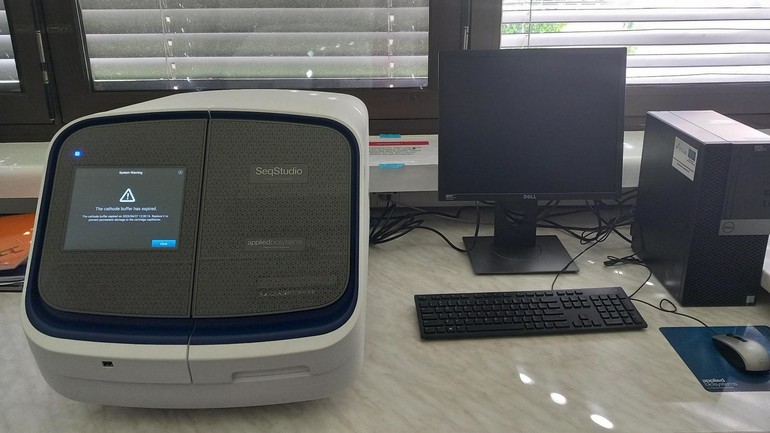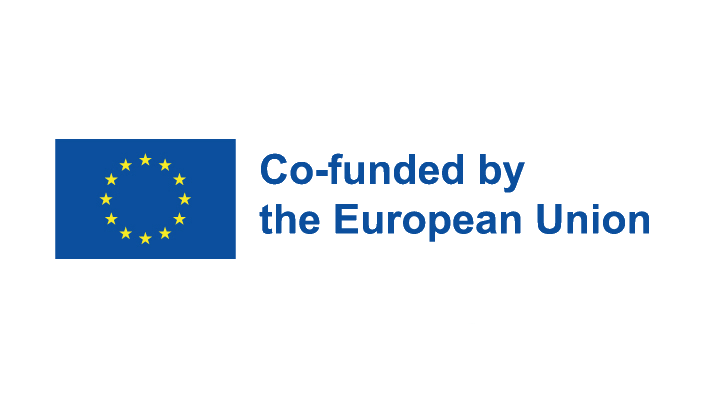The key to effective therapeutic interventions is often through early diagnosis, which has greatly advanced in recent years through innovations in molecular diagnostics and personalised medicine.
An accurate and clear diagnosis forms the basis for the state-of-the art treatment of disease, and advanced molecular diagnostics can give a clear window onto biomarkers and disease processes that enable accurate decisions to be made by the doctor. When used intelligently, advanced diagnostics can significantly reduce healthcare costs.
Great progress in analytical measurement technologies has supported rapid developments in genetic analysis, protein marker searching, metabolic marker searching and cell research. The final outputs are clinical tools available to healthcare providers to personalize screening, prevention, diagnosis, and the treatment of individuals and their families. For example, advances in next generation sequencing will change how healthcare is provided, particularly in cancer care.
As sequencing technology has become more sophisticated, costs have dropped quickly.
This unit will base its research and development activities on several emerging synergetic research areas of life science and diagnostics, including genomic services, proteomics, biochip-technology, bioinformatics and nuclear imaging, which will play a pivotal role in the development of innovative diagnostic and therapeutic tools design.



